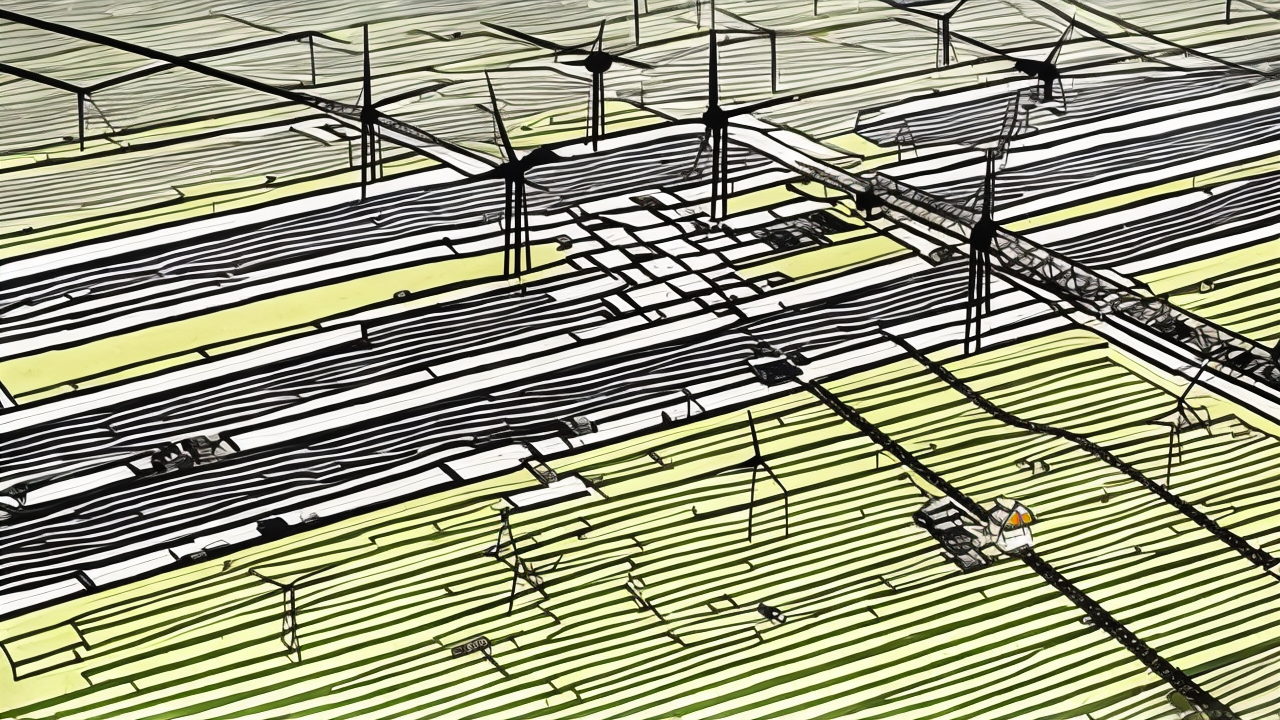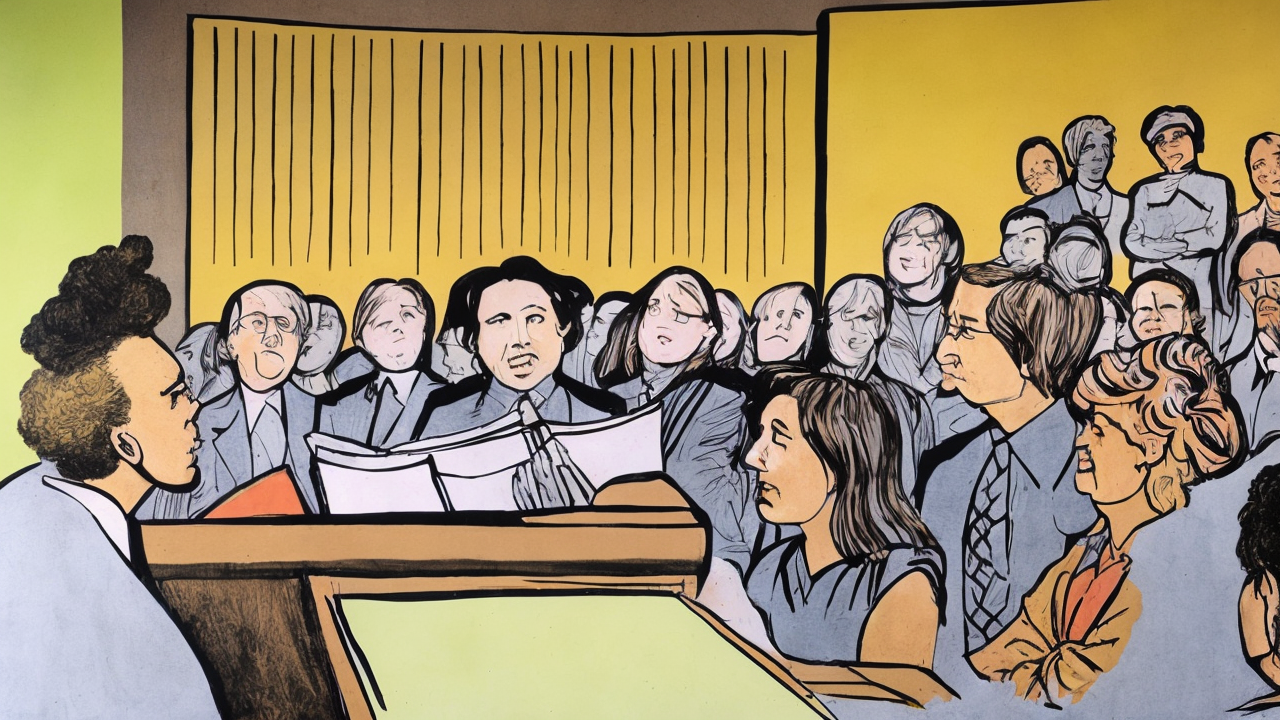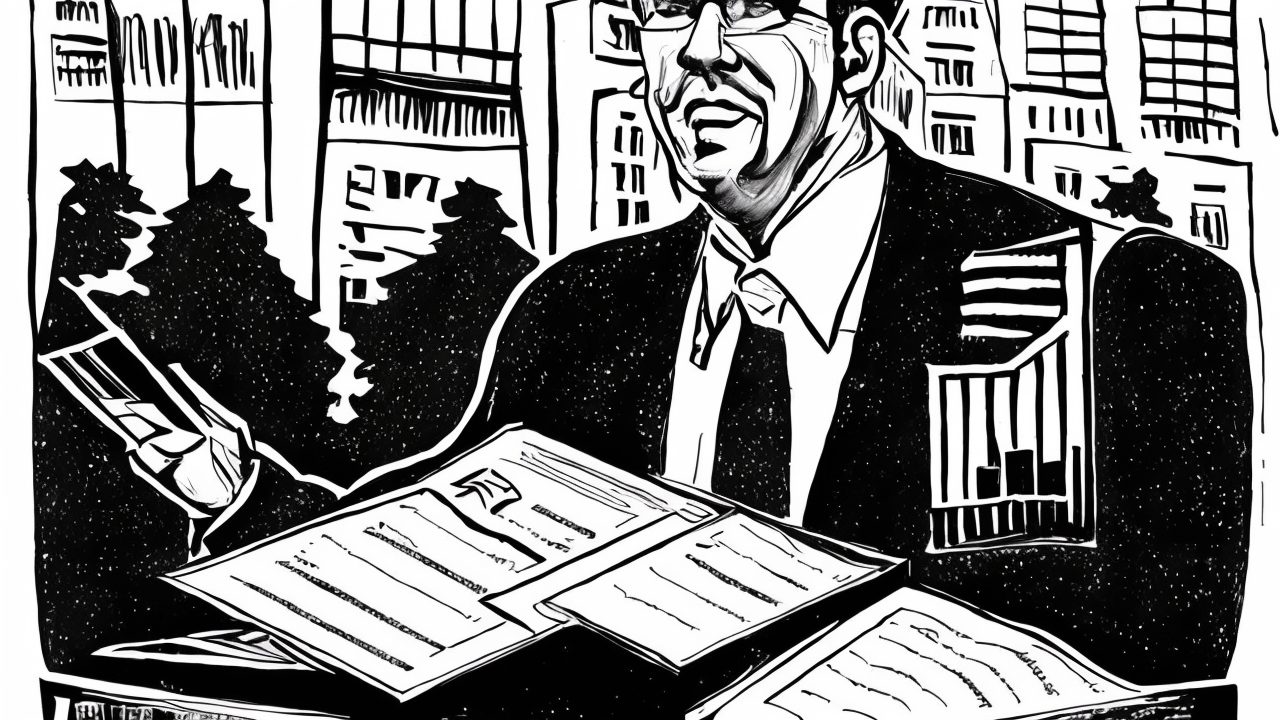DOE Mandates Continued Operation of Philadelphia Fossil Fuel Plant

The U.S. Department of Energy (DOE) has issued an emergency directive to keep the Eddystone Generating Station near Philadelphia operational through late November. This decision comes amid rising temperatures and growing concerns about grid reliability. The order requires PJM Interconnection and utility Constellation Energy to maintain two power units—operating on natural gas and oil—ensuring continued electricity supply during peak demand.
This action is not a political statement. It is a practical response to real-world energy challenges. The primary goal is clear: to guarantee that homes, hospitals, and businesses can access reliable power when it matters most. Energy security is not a partisan issue. It is a fundamental responsibility of government to protect public welfare.
The directive follows a similar move last week to keep a coal-fired plant in Michigan running. These actions reflect a consistent, nationwide strategy by the administration to safeguard the nation’s energy infrastructure. Under Section 202(c) of the Federal Power Act, the DOE has the legal authority to intervene during emergencies to prevent disruptions in energy supply. These decisions are not driven by ideology, but by preparedness.
Climate change is making weather patterns more extreme and unpredictable. Heatwaves now stretch longer, and cold snaps return with unexpected force. In such conditions, grid reliability becomes more than a technical concern—it becomes a matter of public safety. When temperatures rise, demand for cooling surges. When cold strikes, heating systems strain. Without backup power sources, outages can quickly become life-threatening.
Some environmental advocates have criticized the Eddystone decision, calling it a setback for clean energy progress. Yet these critiques often ignore the immediate risks of energy instability. While transitioning to renewable energy is a vital long-term goal, it must be done with care and realism. Renewable sources like wind and solar are clean and increasingly cost-effective, but they are also intermittent. On cloudy days or when the wind stops, they cannot deliver power on demand.
Fossil fuel plants, by contrast, provide steady, on-demand electricity. They serve as a critical backup during periods of low renewable output. Relying solely on renewables without sufficient storage or grid flexibility would leave communities exposed to blackouts. The Eddystone plant, though not clean in emissions, plays a vital role in maintaining grid stability during high-demand periods.
The consequences of power shortages are real and widespread. When electricity fails, small businesses close. Supply chains break down. Refrigeration fails, and food spoils. Families lose access to heating or cooling. Low-income households and elderly residents are especially vulnerable. These are not abstract risks—they are daily threats to health, safety, and economic stability.
Keeping the Eddystone plant running is not about clinging to outdated technology. It is about protecting people during times of stress. It reflects a commitment to stewardship—caring for communities now while still advancing long-term sustainability goals. It is about balancing immediate needs with future aspirations.
This approach also respects the legacy of American industry and the workers who power it. The energy sector has long been a cornerstone of economic strength, supporting hundreds of thousands of jobs in engineering, maintenance, operations, and construction. Abruptly closing functioning plants without proven, scalable alternatives can devastate local economies and harm hardworking families.
A responsible energy policy does not discard the past. It builds on it. It recognizes that innovation must come with planning, not disruption. It honors the contributions of those who have kept the lights on for decades. It values their livelihoods as much as it values environmental progress.
In this light, the DOE’s directive is not a retreat from clean energy. It is a defense of common sense. It acknowledges that energy security is foundational to national resilience. It recognizes that while investment in renewables, storage, and grid modernization is essential, these advancements must be integrated gradually. They must not come at the cost of reliability.
The choice is not between fossil fuels and renewables. It is between stability and risk. The Eddystone decision reminds us that true progress is not measured by ideology, but by outcomes. It is judged by whether policies serve people, strengthen communities, and uphold our shared duty to care for one another—especially when conditions are hardest.
In that context, this action is not just timely. It is right. It is a necessary step to ensure that the nation remains strong, safe, and ready—no matter what the weather brings.
Published: 8/29/2025








